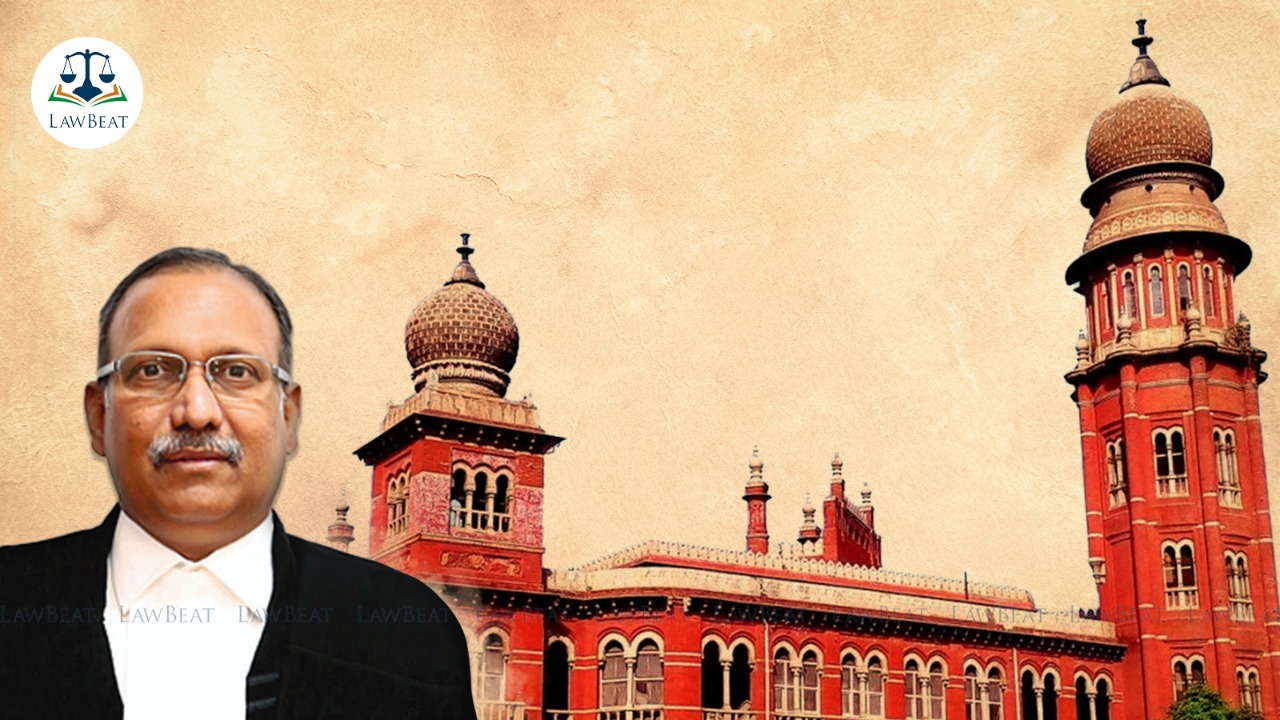“Eradicate orderly system in entirety within four months”: Madras High Court to State Police

The single-judge bench issued the order while hearing a writ petition filed by U Manickavel, who challenged a higher authority order in 2014 to vacate the police quarters. Even though he challenged the order, he only recently vacated the premises in question.
The Madras High Court on Tuesday directed the Tamil Nadu Director General of Police (DGP), City Commissioner of Police (CoP), and other authorities to eradicate the ‘orderly’ system from the state in its entirety within four months.
The court was hearing a writ petition filed by U. Manickavel, who challenged a 2014 order of the higher authority that directed him to vacate the police quarters. Though he challenged the order, he recently vacated the premises in question.
Based on the counter-affidavits filed by the CoP and the DGP, as well as the respective undertakings given by the other police officials, Justice SM Subramaniam directed the authorities to ensure that the practice of orderly system is completely eradicated in accordance with a GO issued by the State Home (Police-VI) department in September 1979, and the same must be completed within four months.
The court stated that if the authorities receive a complaint or information about any person's misconduct or offences, they must conduct an investigation and take all appropriate actions under the relevant law and the Discipline and Appeal Rules.
Court further directed that they should identify the illegal occupation of official police quarters and initiate all eviction procedures in accordance with the provisions of the Statute and the Rules in force.
DGP in his counter-affidavit reaffirmed that the department is fully in agreement with the High Court’s view that police personnel should not be used to do household and menial jobs (as orderlies) and has taken vigorous steps to prevent this from happening.
“Steps have been taken to fully implement the orders in letter and spirit”, the DGP added.
DGP filed an undertaking certifying that none of the police personnel deployed on official duty at his residence, such as security, wireless operators, and so on, are being employed in any other duty other than the official work assigned to them.
He further added that such undertakings have been obtained from all of the department's higher officials across Tamil Nadu.
Following the letter and spirit implementation of the 1979 GO by eradicating the orderly system in the police department, higher police officials required assistants on par with other All India Rank Officials, Court noted that the same GO stated that an alternate arrangement for the appointment of last grade government servants in the places of orderlies at the scale admissible under the orders in force would have to be made.
Court further stated that the DGP must submit a proposal in this regard to the government in consultation with the Principal Home Secretary to government.
The court, thus, ordered that the said exercise be completed expeditiously as possible for the benefit of higher police officials, as well as for their effective and efficient functioning and performance of public duties.
Recently, the single-judge bench painfully expressed that even after 75 years of Independence, the colonial slave system of extracting household and menial labour in the residences of higher-ranking police officers is still in effect in the state of Tamil Nadu.
Court observed that "while we are moving towards a more vibrant democracy, higher police officials in the state of Tamil Nadu are employing the colonial slavery system of extracting household and menial labour from trained uniformed police personnel".
“It is a slap on the Constitution and the democracy of our great Nation”, the court added.
Case Title: U. Manickavel v. State & Ors.
